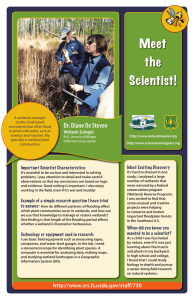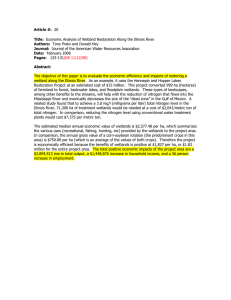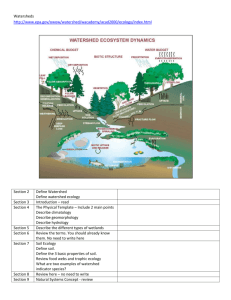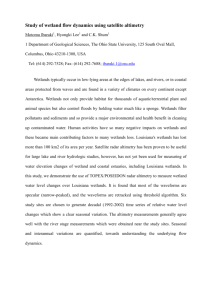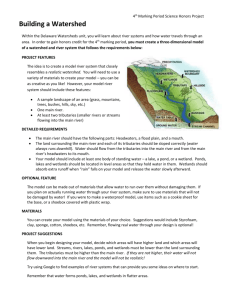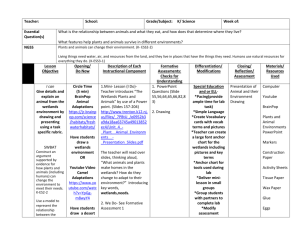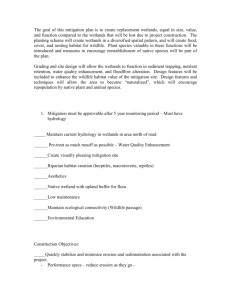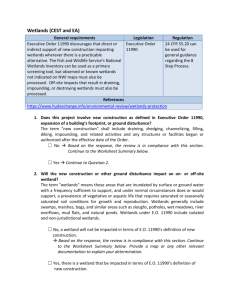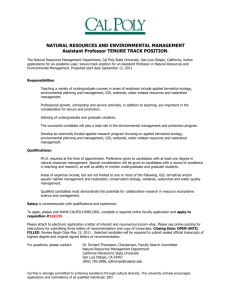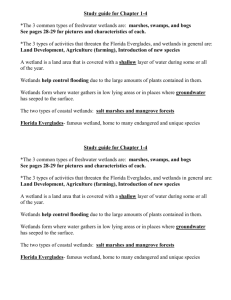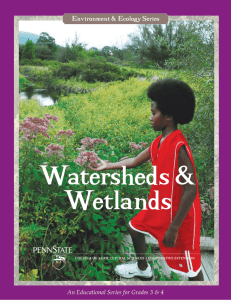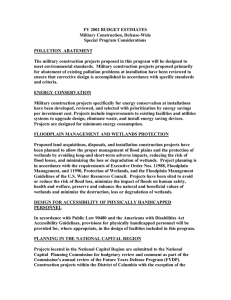Mid-Term Review
advertisement
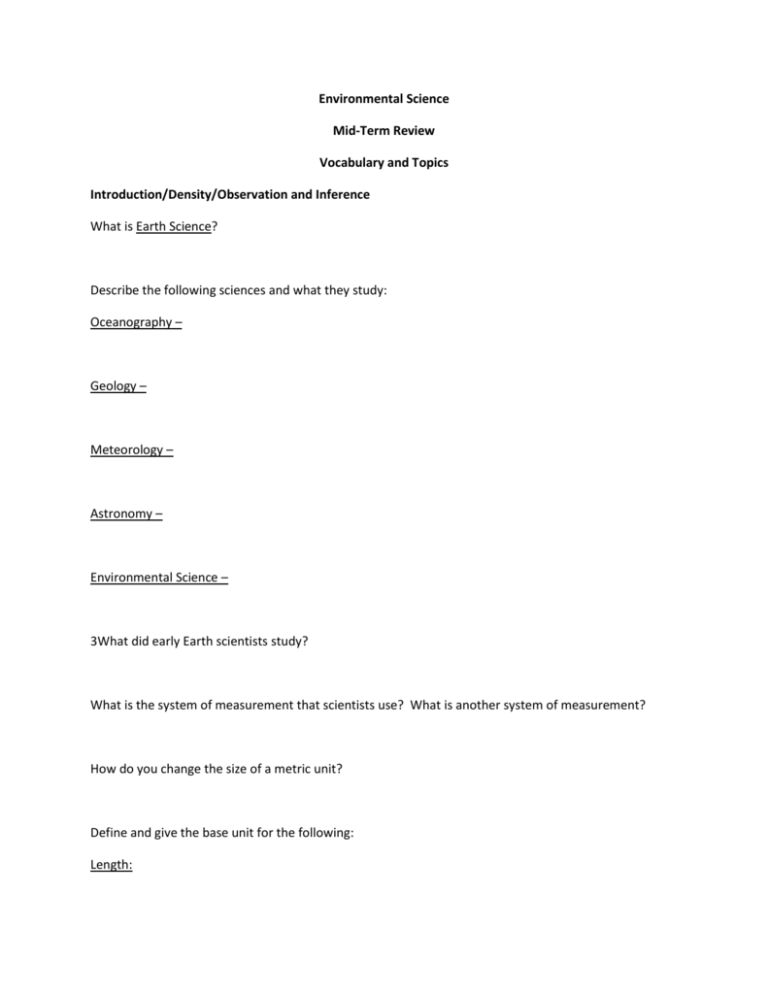
Environmental Science Mid-Term Review Vocabulary and Topics Introduction/Density/Observation and Inference What is Earth Science? Describe the following sciences and what they study: Oceanography – Geology – Meteorology – Astronomy – Environmental Science – 3What did early Earth scientists study? What is the system of measurement that scientists use? What is another system of measurement? How do you change the size of a metric unit? Define and give the base unit for the following: Length: Volume: Temperature: Mass: How do we find the area of an object? What is the formula for volume? What is the formula for density? Solve the following: If you have a room that is 22 feet wide by 15 feet long what is the area of the room? What is the area of a room that is 13 feet long and 12 feet wide? What is the volume of a cube that has the following dimensions: Length:2cm Width:2cm Height: 2cm What is the volume of a prism that has the following dimensions? Length:4cm Width:3cm Height:2cm Find the density of a rock that has a mass of 2.5g and volume of 22ml. Find the density of a french fry that has a mass of 1.4g and volume of 15cm3. Under what conditions will density change? How does a thermometer work? What is a kelvin? SolidLiquidGas- Make an illustration of the molecules in each state of matter. How many are in a meter? Millimeters Centimeters What is an observation? Give 2 examples What is an inference? Give 2 examples. Watersheds Define the following words: Watershed River system Tributary Divide Continental Divide Headwaters Mouth Velocity Laminar Turbulent Dissolved Load Suspended Load Bed Load Biotic Factors Abiotic factors pH Autotroph Heterotroph Detritivore Omnovore Producer Consumer Answer the following questions: What watershed to we live in? Name the 6 watersheds in Pennsylvania. What is the largest watershed in the US? Name and DESCRIBE the 4 types of drainage patterns. Give 3 examples of biotic and abiotic factors. What are the factors that affect a river or stream? How can pH affect a river or stream? Where do we get most of our drinking water from? (what river?) Wetlands What is a wetland? What are the three types of wetlands? Describe EACH type and name 3 organisms that live there. What are the three types of wetlands in PA? Describe each and the organisms that live there. How are wetlands beneficial? What do wetlands provide for the organisms that live there? What is an endangered species? Threatened Species? What is oxygen important in a wetland? How do wetlands help reduce pollution? How are humans harmful to wetlands? Non-Renewable Resources What is a non-renewable resource? What is a fossil fuel? What are the three fossil fuels? How is coal formed? Peat Lignite Bituminous Anthracite Why is it harmful to burn coal? How do oil and natural gas form?
